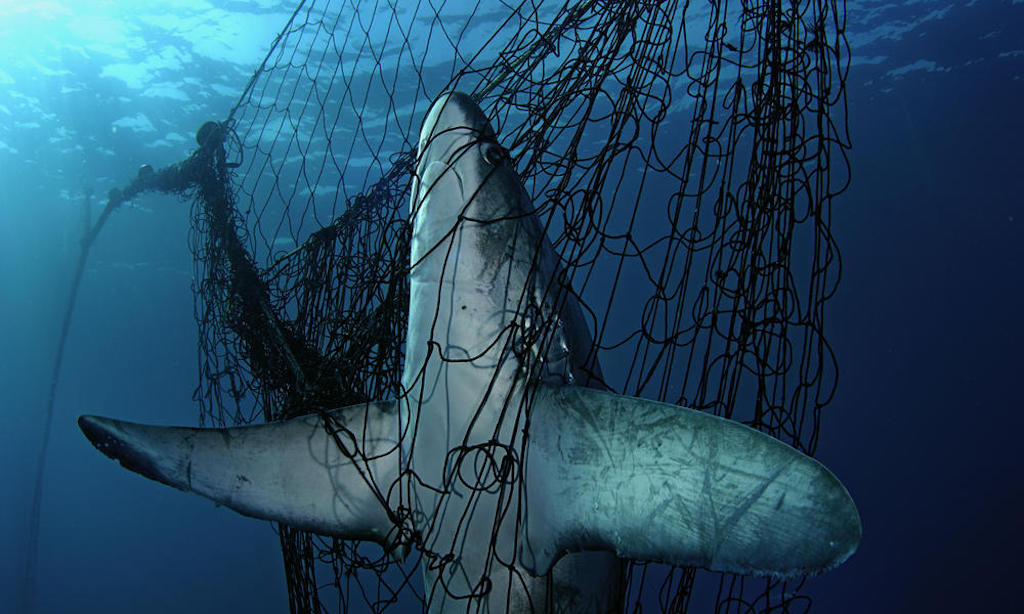3 Mins Read
Taiwan’s Fisheries Agency has recently announced plans to impose a ban on three large-sized shark species. The law will apply to all Taiwanese fishing boats and will also require accidentally caught sharks to be released back into the sea. Environmentalists have hailed the new regulations as a win for conservation efforts.
On July 16, Taiwan’s Fisheries Agency formally announced a ban on fishing the megamouth shark, great white shark and basking shark. The regulations also will require all Taiwanese fishing boats – no matter where they fish – to release the sharks back into the sea if they are caught accidentally. It will begin taking effect 60 days after the notification.
According to the International Union for Conservation of Nature (IUCN), great white sharks and basking sharks are vulnerable and endangered respectively. Though megamouth sharks are listed under “least concern” in the IUCN red list, the guidelines recommend that measures need to be taken to release megamouths that are often caught in driftnets as bycatch.
Read: You’ve probably eaten shark meat – here’s the shark facts you need to know

Taiwan’s new policy further bolsters its existing laws prohibiting fishing boats from catching whale sharks in 2008 and giant oceanic manta rays in 2018. The addition of the three large-sized shark species to the ban marks an important step forward to improve Taiwan’s conservation efforts and promote marine biodiversity.
Taipei-based nonprofit, the Environment and Animal Society of Taiwan (EAST), hailed the decision as a step in the right direction. Megamouths are often caught in the region when fishermen hunt for sunfish. The organisation estimates that over 146 megamouths have already been caught in Taiwan since the species was discovered in 1976.
However, campaigners highlight that there remains work to be done. The Fisheries Agency noted that catching the three listed species will be allowed for teaching or scientific research reasons when approved by the Cabinet-level Council of Agriculture, suggesting that certain loopholes could hamper conservation efforts.
Read: Why you should reconsider eating seafood altogether

While many sharks are caught accidentally, their depleted and threatened status is driven by deliberate hunting in the lucrative shark trade. According to the Hong Kong Shark Foundation, more than 100 million sharks are hunted worldwide every year for their fins, meat and other products – and 50% of the world’s shark fin is traded in Hong Kong alone.
Although awareness of the unsustainable nature and cruelty associated with shark fin has led to the falling consumption rates especially among younger generations, many elderly in Hong Kong and wider Asia continue to insist for shark fin to be served at large celebrations due to its traditional status symbol.
Researchers that recently found evidence of shark fins sold in Hong Kong containing health-threatening levels of mercury hope that their results can convince older generations to cut out shark fin consumption completely.
Lead image courtesy of Surfer Today.




